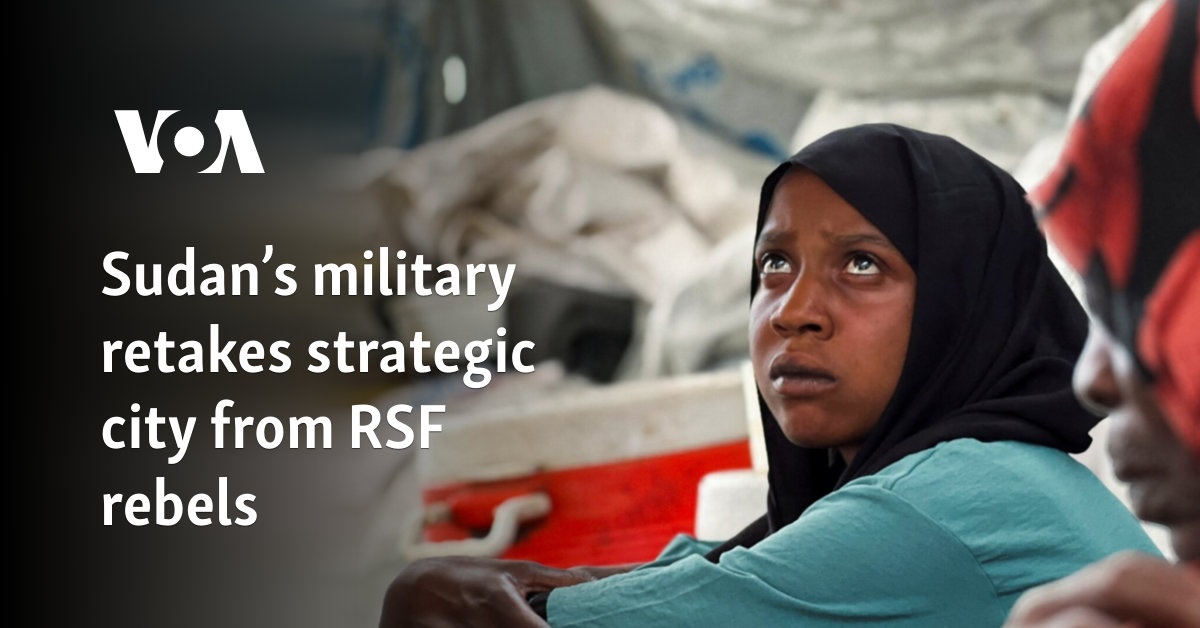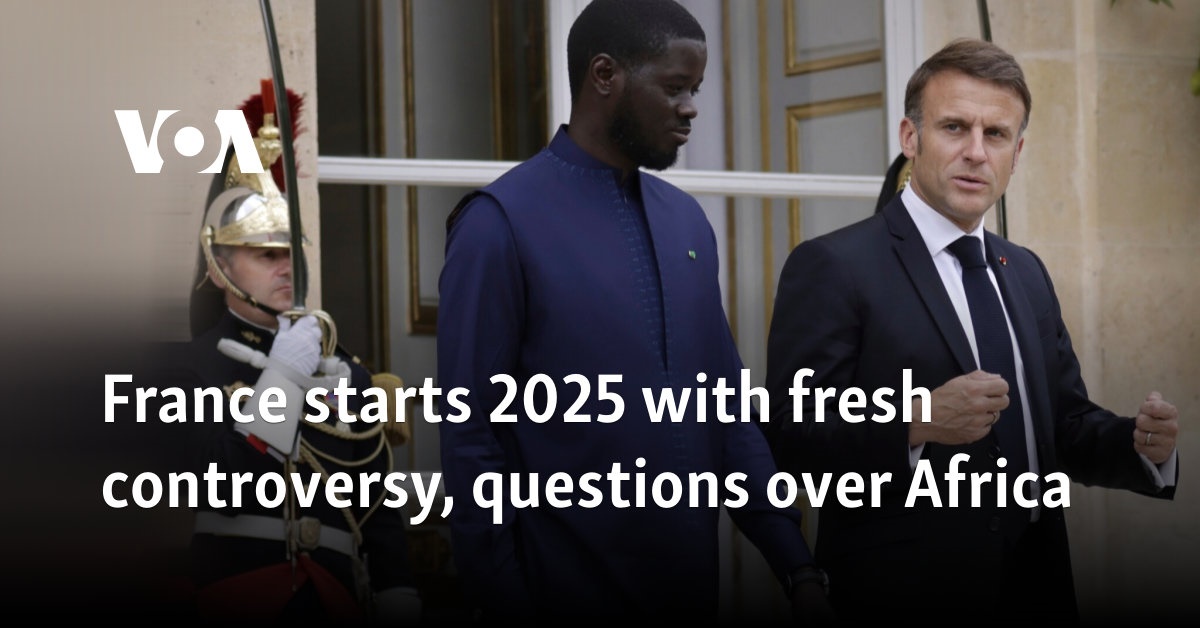Ethiopia relaunched its stock exchange, the Ethiopian Securities Exchange, on Friday after a 50-year absence.
The operations of the Ethiopia Securities Exchange were stopped in 1974 following the takeover by a communist military government.
Prime Minister Abiy Ahmed described the relaunch as an “historic milestone” for Ethiopia’s economic and financial landscape.
“We have officially rung the bell to launch the Ethiopian Securities Exchange — the first stock exchange for our country. Invest in Ethiopia — a fast-growing economy with immense potential and a dynamic trajectory toward prosperity,” he posted on X.
The launch of the stock exchange means the government initiated a domestic stock market, starting with the state-owned Ethio Telecom, which is yet to commence an initial public offering of shares despite announcing the move in October.
Ethiopian officials announced Friday that Wegagen Bank, a private bank, was the first company to list on the exchange.
Ethiopian Insurance Corporation, Ethiopian Shipping and Logistics Services Enterprise, and Berhanena Selam Printing joined Ethiopia Telecom as founding members of the exchange, although they are not yet listed.
The list of investors also included foreign strategic investors, along with 16 domestic private commercial banks, 12 private insurance companies, and 17 other private domestic investors, according to a newsletter distributed during the event.
Based on the shareholding structure of the Ethiopian Securities Exchange, 75% of it is allocated to private investors and 25% is capped for public shareholding. This means the share company is a private-government partnership.
Abiy assured investors that all the necessary preparations had been made. Speaking in Amharic, Abiy said the government did extensive research, passed legislation and built more institutions and human capital over the past 2½ to "avoid failure.”
He also praised the country’s economy.
"Ethiopian economy means an economy that operates the biggest airline in Africa. Ethiopian economy means an economy that operates the largest telecom operator in Africa. Ethiopian economy means an economy that built the largest hydroelectric power plant in Africa," he said touting Africa’s largest airline and the Grand Renaissance Dam, which is considered the biggest project of its type on the continent.
In July 2021, the Parliament established the Ethiopian Capital Market Authority and tasked it with ensuring the existence of an environment in which securities could be issued and traded in an "orderly, fair, efficient and transparent manner.”
Ethiopia’s economy heavily relies on agriculture, with coffee, oilseed, flowers and gold being the main export items. Last year, the government introduced financial reforms that included floating the Ethiopian currency, a move backed by international financial institutions.
But the market-based currency policy increased inflation and led to skyrocketing prices for imported food and fuel.
This week, the government announced an increase in the price of benzene from 73 cents to 82 cents per liter. Similarly, the price of white diesel jumped from 72 cents to 78 cents per liter, with corresponding increases applied to other fuel types, a move residents said will worsen the cost of living and transportation challenges.
Ethiopian economist and the executive director of Initiative Africa Kibur Gena said the Ethiopian stock exchange should align with the broader development goals of the country.
Ethiopia’s government “should approach the establishment of a stock exchange gradually and strategically," he told VOA.
He argued that the government should also build strong institutions and a regulatory framework "so that it can attract foreign direct investment.”
The relaunch also comes at a time when the country is facing security challenges in the Amhara and Oromia regions.
Kibur said to attract foreign investors, there needs to be peace throughout the country.
"I suppose this government will sort of realize that if it wants to achieve its objectives, it will certainly address the peace issues," he said.

 By Voice of America (Africa) | Created at 2025-01-11 12:56:50 | Updated at 2025-01-12 04:22:29
15 hours ago
By Voice of America (Africa) | Created at 2025-01-11 12:56:50 | Updated at 2025-01-12 04:22:29
15 hours ago








